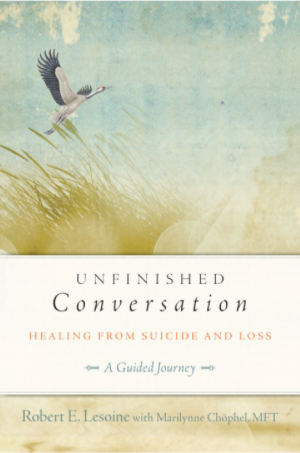Tonglen Meditation: Taking In Pain and Sending Out Relief
Marilynne Chöphel MFT
Tonglen is a practice for connecting with pain—your own and that which is all around you, everywhere you go. It’s a method for overcoming the fear of suffering and awakening the compassion that’s inherent in all of us. Tonglen can be done for those who are living or no longer living, for strangers, for animals, for anyone who is experiencing pain, fear, or any form of suffering.
To begin, sit comfortably with your spine long and your belly soft. Close your eyes, gently relax your body, and place your awareness lightly on your breath. For a few breaths, rest your mind in a state of openness and stillness. As you are ready:
- Bring into your awareness someone you care about who is hurting and whom you wish to help—someone who is in some physical or emotional pain in their life. Breathe in with the wish to take away all of their pain, suffering, and fear. Then as you breathe out, send them ease, happiness, or whatever would relieve their suffering. Breathe in their pain so they can be well and have more space to open and heal. Breathe out, sending them relaxation or whatever you feel would bring them relief and well-being.
- When your own pain arises—fear, resistance, anger, helplessness, stuckness—change the focus and begin to do Tonglen for your- self, for what you are feeling. Breathe in your own pain, with the wish to be relieved of this suffering. And breathe out, sending to yourself whatever brings ease, relaxation, openness, compassion, and relief.
- And now, make the practice bigger. As you practice Tonglen for the person you care about or for yourself, breathe in for the mil- lions of other people just like you who at this very moment are feeling exactly the same pain and misery. And breathe out, for all those people, whatever would bring relief to their suffering. Simply contact what you’re feeling and breathe in, take it in for all of us—and send out relief to all of us. Breathe in the feeling completely, letting it touch you, with a willingness to feel the suffering of humanity. And breathe out, radiating out compassion, loving kindness, freshness, openness, anything that heals, relaxes, and that helps you and others to open to and enjoy life. Let yourself contact the suffering and the joy of our human condition and how universal this experience is.
As you practice, breathe in as if through every pore, letting it melt your heart open, knowing that there is nowhere for it to get stuck inside. And breathe out as if through every pore, sending out, radiating out your compassion in all directions. Rather than doing what’s habitual—whatever is painful is pushed away and whatever is pleasurable is
held on to— Tonglen reverses that habit. When it’s painful, breathe it in, let it touch you, overcoming your fear of pain. When it’s delightful, send it out, and share it with others—relaxation, happiness, and well-being.
Tonglen can be practiced as a formal meditation or as an everyday habit, right on the spot—breathe in and breathe out, feel fully when you see or feel physical or emotional pain, with the wish that all beings be happy and free of suffering.*
*Adapted from Pema Chödrön, When Things Fall Apart: Heart Advice for Difficult Times (Boston, MA: Shambhala Publications, 2000) and The Places that Scare You: A Guide to Fearlessness in Difficult Times (Boston, MA: Shambhala Publications, 2005).



